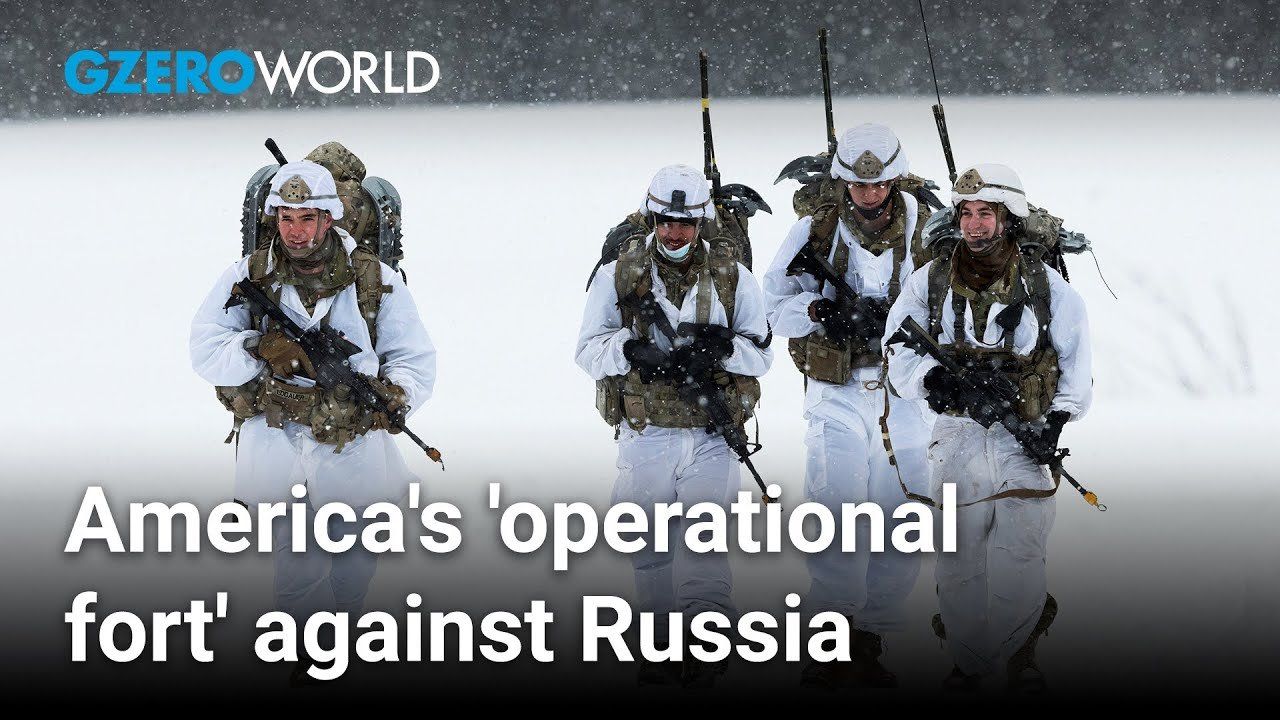GZERO World Clips
Alaska Governor Dunleavy warns of "heightened" Russian and Chinese activities in the Arctic

- YouTube

On GZERO World with Ian Bremmer, Governor Mike Dunleavy underscores Alaska's strategic significance in US national security, describing it as "the real operational fort for North America." The state's unique geographical location, further west than Hawaii and, at one point, just two and a half miles from Russia, places it on the front lines of potential conflicts with adversaries like Russia, China, and North Korea. Dunleavy admits that Alaska regularly faces military provocations, including Russian bombers that "overfly our state... maybe three times a month" and Chinese warships navigating through the Bering Strait.
The Governor warns that Alaska's proximity to global hotspots like Asia and the Arctic makes it a critical player in any future military conflicts. "If there is conflict [in Asia], Alaska is going to be unfortunately part of that," he says, noting that the state's military bases would likely become key points for deploying US troops and equipment. The governor also highlights the state's role in missile defense, mentioning that Alaska's interceptors are crucial in dealing with "Korean missile threats," emphasizing the state's readiness to respond to growing regional tensions.
New digital episodes of GZERO World are released every Monday on YouTube. Don''t miss an episode: subscribe to GZERO's YouTube channel and turn on notifications (🔔).
At the 62nd Munich Security Conference in Munich, GZERO’s Tony Maciulis spoke with Benedikt Franke, Vice Chairman and CEO of the Munich Security Conference, to discuss whether the post-1945 global order is under strain or already unraveling.
Zelensky agrees: elections matter #PUPPETREGIME
As more small businesses move sales, payments, and customer relationships online, they unlock new opportunities, but they also become easier targets for cyber-criminals and other threat actors.
When Japanese Prime Minister Sanae Takaichi called snap elections last month, it was a big gamble. Holding a winter election just four months into her tenure with no real policy record to run on?